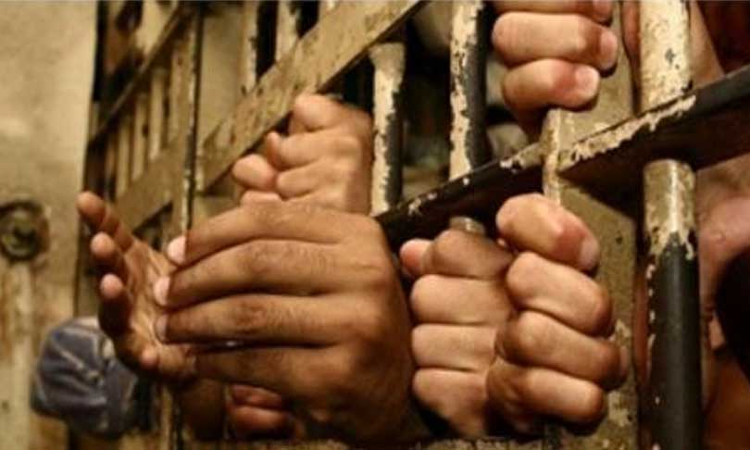The Bombay High Court on Friday ordered the Maharashtra government to file an affidavit containing instructions to ensure that the mental health of the prisoners languishing in jail does not deteriorate, so that the court can issue guidelines for the same.A division bench of Justices Revati Mohite-Dere and Prithviraj Chavan said the issue of suicides by prisoners in jail is of great concern...

